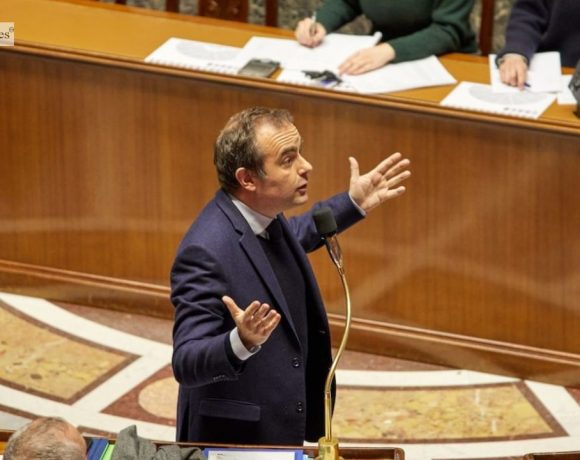
Norway’s defence minister Tore O. Sandvik said NATO is going through a challenging period due to tensions sparked by the crisis over Greenland, but stressed that the alliance must stay focused on its primary security concern — Russia. Speaking to foreign correspondents in Oslo on Wednesday, Sandvik said the current situation within NATO is difficult, yet unity against common threats remains essential.
His remarks come as U.S. President Donald Trump continues to press for the acquisition of Greenland from Denmark, a fellow NATO member, a move that has strained relations within the alliance. Despite these internal pressures, Sandvik emphasised that Russia continues to pose the most significant strategic threat to NATO, particularly as it expands its military footprint in the Arctic region.
Norway, which shares an Arctic border with Russia, closely monitors Russian military activity on the Kola Peninsula, home to key nuclear assets and the headquarters of Russia’s Northern Fleet. The fleet’s access route to the North Atlantic via the Barents Sea makes the region strategically critical, reinforcing NATO’s need to maintain focus on Russian military movements in the High North.
Pic courtesy: google/ images are subject to copyright









